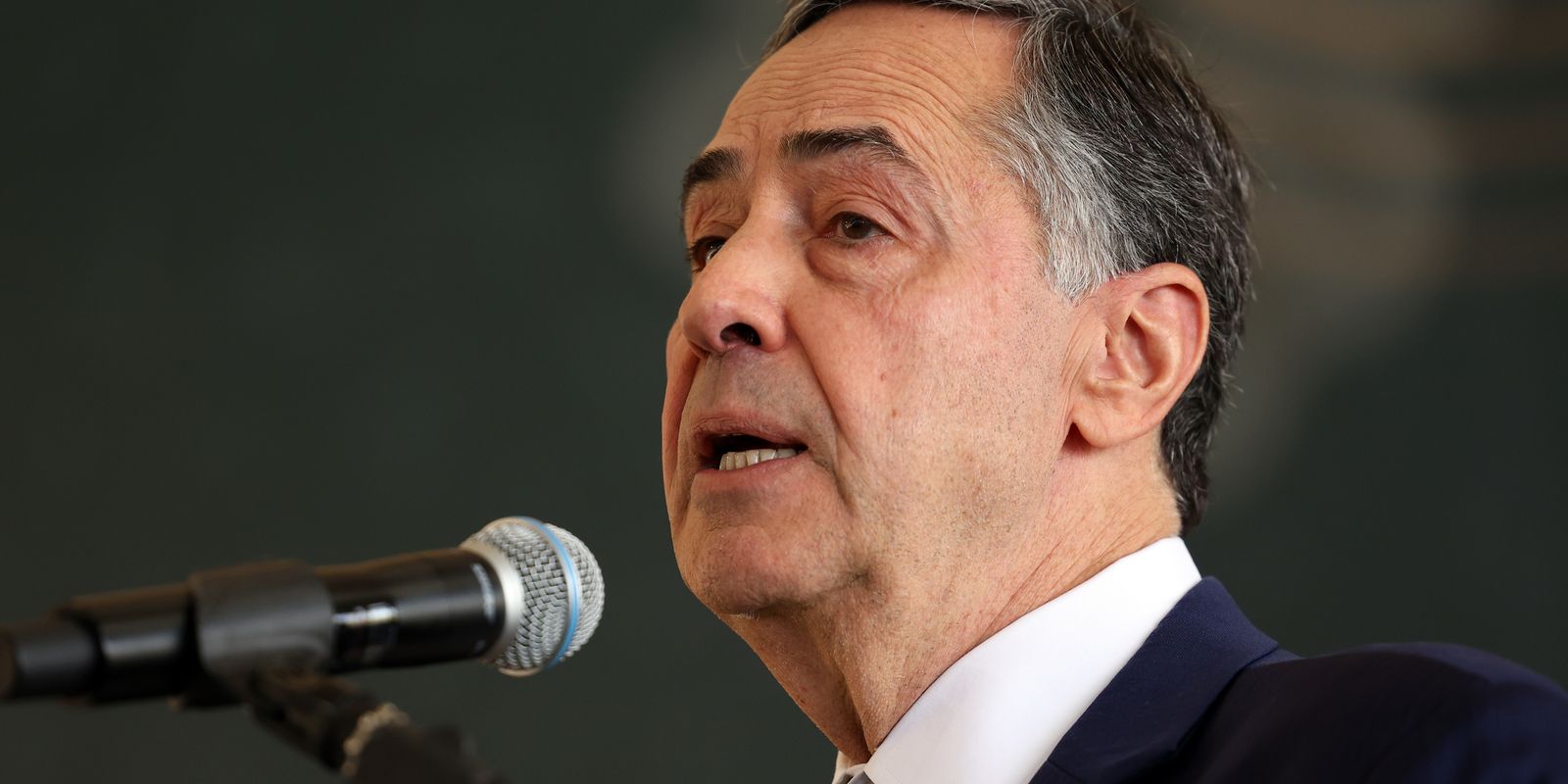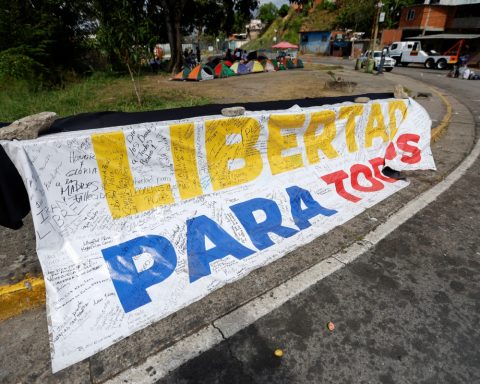The president of the Federal Supreme Court (STF), Minister Luís Roberto Barroso, announced this Tuesday (20) that the problems of transparency and traceability of parliamentary amendments were addressed during a meeting held with the presidents of Congress, Rodrigo Pacheco, and of the Chamber of Deputies, Arthur Lira, and representatives of the federal government. 
Earlier, Minister Barroso held a lunch to resolve the impasse caused by the individual decisions of Minister Flávio Dino, confirmed by the plenary, which suspended the payment of mandatory amendments and the so-called “Pix amendments” to the Union Budget.
During the meeting, it was decided that the amendments would be maintained, but they would have to follow traceability criteria, in addition to reporting to the Federal Court of Auditors (TCU).
According to the president of the Supreme Court, the suspension of transfers to deputies and senators was considered “as far as possible” and within the limits of the STF’s powers.
“We were able to adequately address traceability and transparency, which were established unequivocally and under the control of the TCU,” he stated.
Minister Barroso denied that the Supreme Court had validated a proposal articulated between the Executive and the Legislative branches.
“Our concerns were of a constitutional and institutional nature regarding the transparency, traceability and correctness of the application of these resources,” he explained.
Under the agreement, the Senate and the Chamber of Deputies will have 10 days to comply with the new provisions. The agreement must then be approved by Justice Flávio Dino, the rapporteur for the case, and voted on by the full Court. The transfers will remain suspended until approval.
Impositive amendments
On Wednesday (14), Minister Flávio Dino decided that the transfers of mandatory amendments were suspended until the Legislative and Executive branches created transparency and traceability measures for the funds. This type of amendment requires the federal government to send the expected resources to agencies indicated by parliamentarians.
The decision was motivated by a lawsuit filed with the Court by the PSOL. The party argued to the Supreme Court that the model of individual and bench-mandated amendments by federal deputies and senators makes preventive control of spending “impossible.”
The minister understood that the suspension of the amendments was necessary to avoid irreparable damage to the public coffers. According to the decision, only amendments intended for ongoing works and to respond to a public calamity situation could be paid.
Pix Amendments
On August 1, Minister Flávio Dino suspended the so-called “Pix amendments”, used by deputies and senators for direct transfers to states and municipalities, without the need for agreements to receive transfers.
The minister understood that this type of amendment must follow transparency and traceability criteria. According to the same decision, the Office of the Comptroller General (CGU) must conduct an audit of the transfers within 90 days.
Unanimously, Dino’s two decisions were ratified by the Court’s plenary on Friday (16).
* Article changed at 17:32 to add information
















